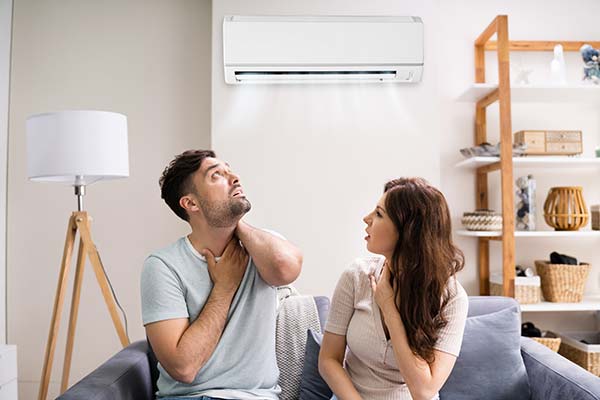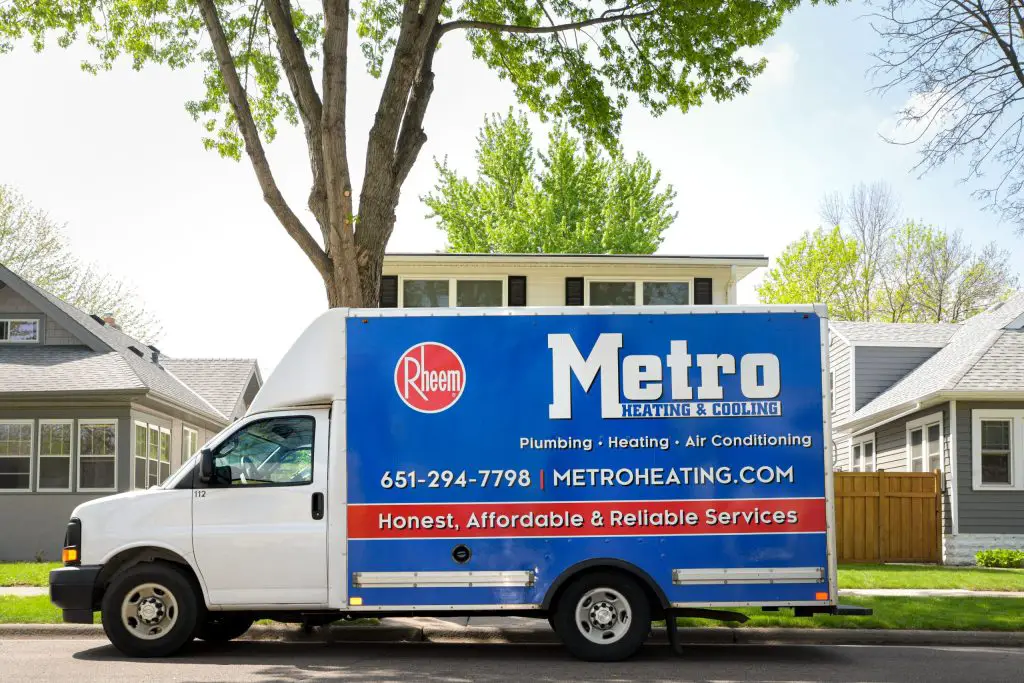When it comes to creating a comfortable and healthy indoor environment, air conditioning plays a critical role in HVAC (heating, ventilation, and air conditioning) systems. The importance of air conditioning in HVAC cannot be overstated, as it not only regulates the temperature but also improves air quality and overall comfort. In this article, we’ll explore the significance of air conditioning in HVAC systems and its impact on both residential and commercial spaces.
Regulating Temperature
One of the primary functions of air conditioning in HVAC systems is to regulate the temperature within a building. Whether it’s a scorching summer day or a chilly winter night, air conditioning helps maintain a comfortable indoor climate by adjusting the temperature to the desired level. This ability to create a consistent and pleasant environment is essential for occupant comfort and productivity, especially in commercial settings.
Improving Air Quality
Aside from temperature control, air conditioning plays a crucial role in improving indoor air quality. Modern HVAC systems are equipped with filters that capture dust, pollen, and other airborne particles, preventing them from circulating throughout the building. Additionally, air conditioning helps manage humidity levels, reducing the risk of mold and mildew growth, which can have adverse effects on respiratory health.
Enhancing Comfort and Productivity
Comfortable indoor conditions contribute to enhanced productivity and well-being. In both residential and commercial spaces, a well-functioning air conditioning system ensures that occupants can focus on their tasks without being distracted by extreme temperatures or poor air quality. This is particularly important in work environments where employee comfort and satisfaction directly impact performance and overall success.

Credit: www.airshieldpros.com
Energy Efficiency and Cost Savings
While air conditioning is essential for maintaining a comfortable indoor environment, it’s also important to consider energy efficiency and cost savings. Modern HVAC systems are designed to be energy-efficient, utilizing advanced technology to optimize performance while reducing energy consumption. By investing in a high-efficiency air conditioning system, homeowners and business owners can lower their energy bills and minimize their environmental impact.
Choosing the Right Air Conditioning System
When selecting an air conditioning system for a residential or commercial space, it’s important to consider factors such as the size of the area, local climate, and specific cooling needs. Working with a qualified HVAC professional can help ensure that the chosen system is the right fit for the space and meets the unique requirements of the occupants.
Conclusion
In conclusion, air conditioning plays a vital role in HVAC systems, contributing to temperature regulation, improved air quality, occupant comfort, and energy efficiency. Whether it’s a sweltering summer day or a freezing winter night, a well-designed and properly maintained air conditioning system is essential for creating a healthy and comfortable indoor environment. By understanding the importance of air conditioning in HVAC, homeowners and business owners can make informed decisions to enhance their indoor spaces.

